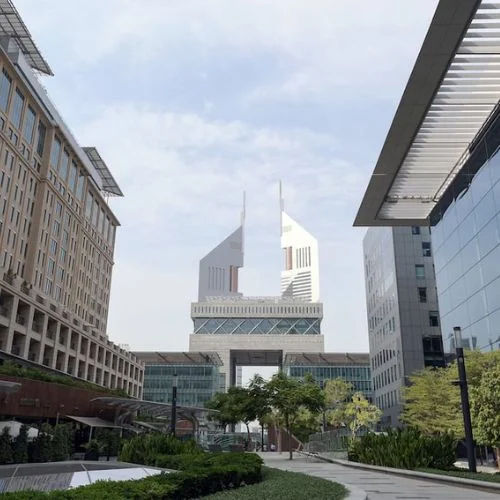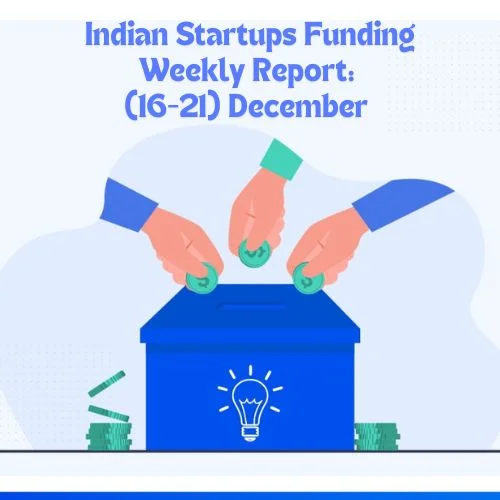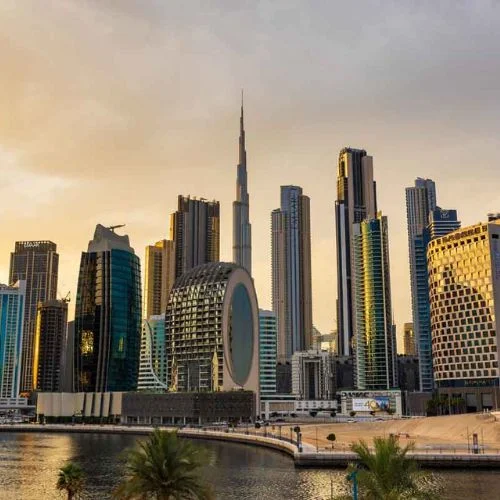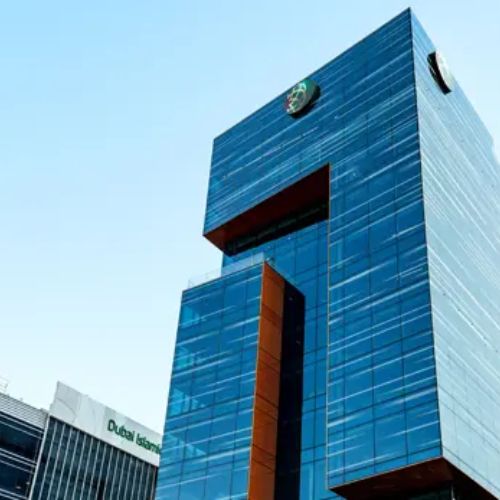In a significant development in the ongoing financial crisis surrounding China Evergrande Group, a Hong Kong court has announced that it will make a crucial decision in September regarding the embattled property developer’s offshore debt restructuring. This decision could potentially enable creditors to recover up to approximately one-quarter of the amount they are owed.
Evergrande’s Dire Financial Situation
China Evergrande Group, often considered the poster child of China’s property sector crisis, finds itself in dire straits with a staggering $330 billion in liabilities. This makes it the world’s most indebted developer. The situation worsened when Evergrande defaulted in late 2021, setting off a chain reaction of defaults among other builders and leaving thousands of homes unfinished across China.
The Upcoming Sanction Hearings
During the recent convening hearing on Monday, the Hong Kong court disclosed its plan to conduct sanction hearings on September 5 and 6. The purpose of these hearings is to decide on a restructuring proposal that was initially put forth in March by Evergrande.
Offshore Creditors to Vote on the Restructuring Plan
According to the company’s lawyer, Evergrande will provide a detailed electronic package containing restructuring terms and information to offshore creditors. These creditors will then cast their votes on the proposed plan in August. The restructuring plan, first presented in March, involves various options for creditors, including swapping debt for new bonds and equity-linked instruments.
Recovery Rate Estimate by Deloitte
An updated analysis commissioned by Evergrande from the consultancy firm Deloitte revealed that the recovery rate from the proposed debt restructuring plan would be approximately 22.5%. In contrast, if the developer were to be liquidated, the recovery rate would be a meager 3.4%. The disparity in recovery rates underscores the importance of the restructuring plan for both the company and its creditors.
Challenges and Investor Concerns
Evergrande’s financial results for 2021 and 2022 painted a grim picture, with a staggering combined loss of $81 billion and a surge in liabilities. These results have sparked concerns among investors about the feasibility of the company’s restructuring plan and its ability to continue its operations.
Factors Impacting the Recovery Rate
In response to queries from the judge, Evergrande’s lawyer clarified that the estimated recovery rate is dependent on several factors, including creditor decisions on equity options and the company’s capacity to repay its creditors. Moreover, the lawyer emphasized that the ultimate outcome hinges on Evergrande’s ability to generate cash flow and maintain its business operations onshore.
Cayman Islands Court Involvement
In addition to the proceedings in Hong Kong, a separate convening hearing is scheduled to take place in a Cayman Islands court on Tuesday. The involvement of this court adds further complexity to the restructuring process.
Creditor Approval and Potential Hurdles
To proceed with the restructuring plan, Evergrande requires approval from holders representing more than 75% in creditor value for each debt class. As of April, the company had secured support from 77% of class-A debt holders and 30% of class-C debt holders. The company must garner more support to successfully implement the plan.
The Future Hinges on Restructuring Progress
Next Monday, a hearing will be held in a separate case involving a winding-up petition against Evergrande. The final decision in this matter is contingent upon the progress of the restructuring proceedings.
As the crisis unfolds, the fate of China Evergrande Group remains uncertain. The decisions made in the upcoming hearings will play a pivotal role in determining the company’s future and its impact on the wider Chinese property sector and global financial markets. Investors and creditors anxiously await the court’s verdict in September, hoping for a resolution that offers a viable path forward for Evergrande and the thousands affected by its financial turmoil.















